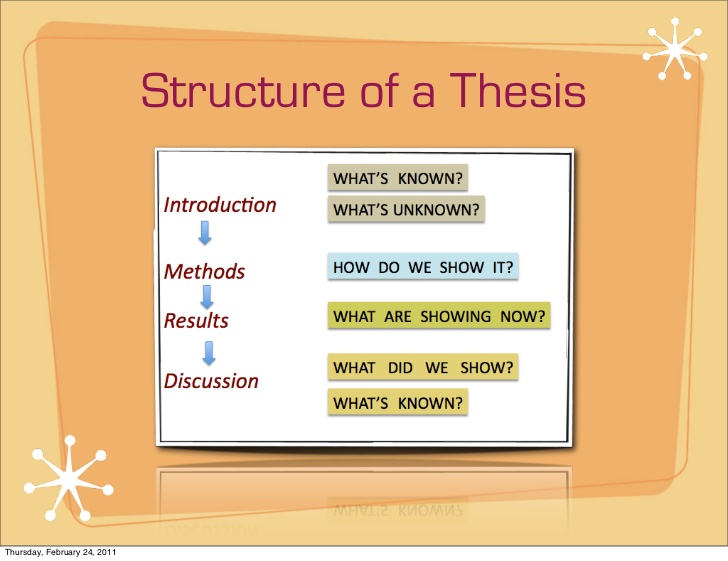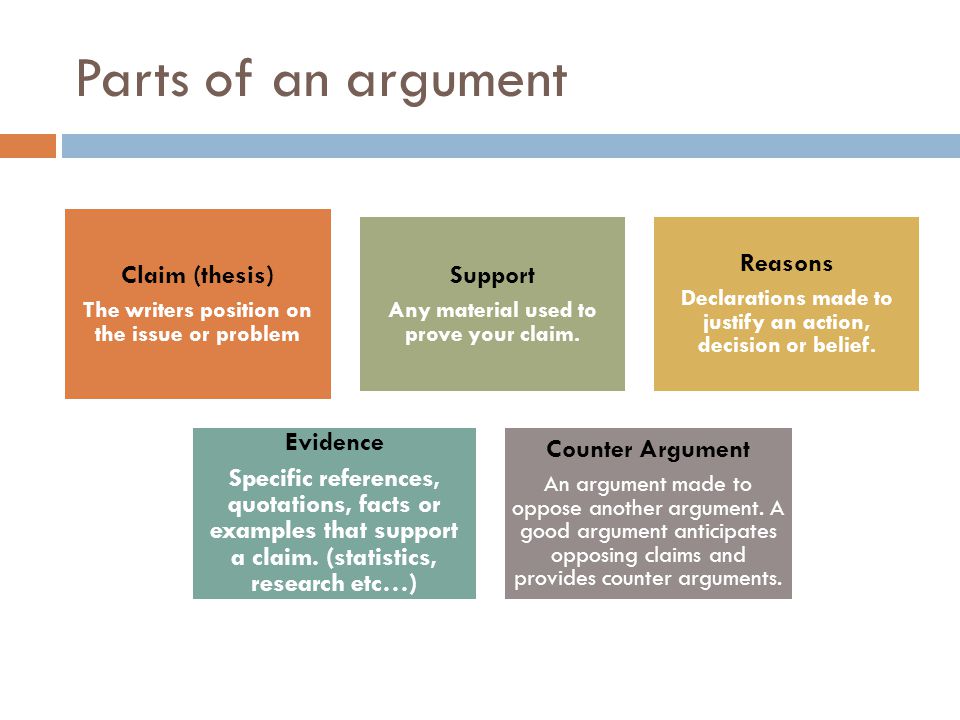 Top 5 steps on How to Write a Cause and Effect Essay
Top 5 steps on How to Write a Cause and Effect Essay
7 Steps To Nail An Informative Speech Thesis Statement For A Persuasive Speech
Introduction
An impressive speech requires confidence in all words you’re going to say. According to an expert in writing Jamie Goodwin, the beginning of each speech starts from an effective introduction. This part of your introduction identifies your position and provides an outline for aims and ideas. A strong and well-thought thesis can help you stay focused and concentrate on vital points during the whole speech. Remember these 7 steps when writing your persuasive speech thesis next time.

How to write a thesis statement for an informative speech in 6 steps?
When you are trying to figure out from what to start, think about what gives strength to your speech. A persuasive speech statement always reflects the strength of the whole speech. Don’t try to escape this step because it gives you confidence in what you are saying.
- Start with a question
Each speech should begin with a question. Think about the chosen topic and answers you want to answer. Here you should focus on gathering information, So it will be easier to form your argument.
The recommended question is, what is your paper about? Brainstorm your answers and collect them to find the answer you can have. This initial phase of writing a strong introduction will help you go through the last steps of the guide.
- Place in the introduction
You have to place the thesis in the introduction. It has to be placed in the last two or three sentences at the end of the paragraph. This way, you can use the thesis as a great way to lead into the main body of your speech.
Also, remember that you should repeat the thesis statement during the conclusion. But use the same sentence. Just remind your audience what your position and supporting facts were in your speech. - Write an engagement thesis statement
When we talk about strong thesis statements, we have to check how arguable or informative it is. The thesis you choose should illustrate your position. But remember not to choose the statement that everyone agrees with. You need to have a position that you can support throughout your speech.
When we talk about informative speech, you should write an informative thesis (rather than argumentative). In this case, you need to declare your intentions in the essay and guide the listener to the conclusion that you reach. More details about the informative speech you can find here.
Informative Thesis Example:
To make cement, manufacturers must carefully follow proportions and burn the prepared mix in a kiln.
This thesis illustrates to the reader the main topic (making cement) and the direction the essay will take (describing the main points in the process of making cement).
Argumentative Thesis Example:
Following a proportion and burning the prepared mix in a kiln are the main points in making cement as without them, manufacturers won’t get a good cement.
In this persuasive thesis, listen to your own opinion (the main steps). This means you have chosen a stance. Then you will explain that your opinion is correct with several key reasons. - Always keep focus
The thesis statement you write should be clear and concise. This thesis will explain what your speech is about by offering a brief summary of the main points. Write a few drafts of the thesis, and ask yourself questions about whether or not you can narrow it down anymore. If your thesis statement is focused on the topic, then your speech will be focused on your audience.
Also, a strong thesis can be written in a single complete sentence. A multi-sentence thesis statement sometimes is also appropriate. But remember not to launch too far into your discussion. - Write a unique thesis statement
Go through the chosen topic in order to write something specific and unique as a speech thesis. A strong thesis should illustrate exactly what your paper will be about in a unique way. This will help you keep your speech as a manageable topic.
Animal cruelty has many causes and effects.
This is an example of a weak thesis. First of all, animal cruelty can’t be discussed thoroughly in an average 30-minutes speech. Second, the words causes and effect are pure. A strong thesis statement should identify specific causes and effects.
Animal cruelty and exploitation significantly impact the population of animals and cause a huge moral problem at the world level.
This is an example of a strong thesis statement. It shows the main reasons and narrows the subject to a more specific topic. Think of your thesis statement as the answer to an overall question. A strong introduction should help listeners understand why your speech is worth their time and what they will learn by listening to it. - Understand what you are talking about
Brainstorm before writing
Here we return to the first step. While writing a thesis and considering your speech, something may change. By the end of writing a speech thesis, you have to be sure that you understand what you are going to talk about. In short, be an expert on the chosen topic. The thesis shows your main ideas and keeps you forward the whole speech.
Consider how you can support your thesis
Before writing, try to imagine the words you could say to support the thesis. It is vital to consider counterarguments to make sure you can argue for your main idea against those counterpoints. This way, you will engage the audience from the first words and keep people
- Conduct a research
You have to remember that the position in your thesis statement should not just be your personal opinion. You have to conduct research that supports your ideas. You will need proof to ensure the quality of your claims. Without this, you won’t be able to gain the credibility vital to get the audience to validate your ideas. When people don’t believe that you’re a credible source, you will face a hard time convincing them of your position.
Conclusion
The type and the content of the speech thesis you will use for your argument depend on many factors. They include your position, expert knowledge of the topic, the audience, and the context of the whole speech. You have to remember whether your audience will be on this topic and pinpoint where you think the biggest difference in viewpoints might be.
After all the hard work you’ve gone through, you don’t want to lose listeners’ attention because of several factors. This might be a lack of supporting points, non-relevant speech, or dulling beginning of your speech. Remember these 7 steps in mind while writing your introduction and consider the whole speech. This guide will help you create an outstanding thesis statement and keep your listeners engaged till the end of your speech.

